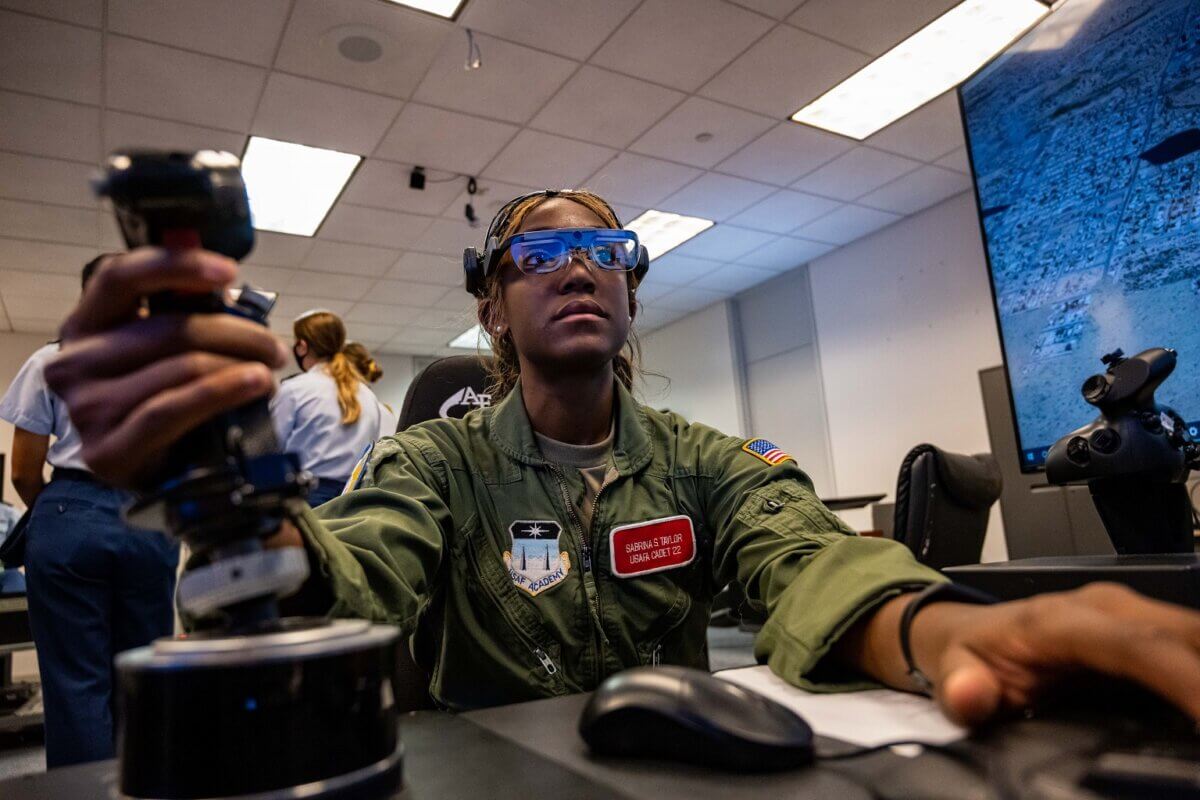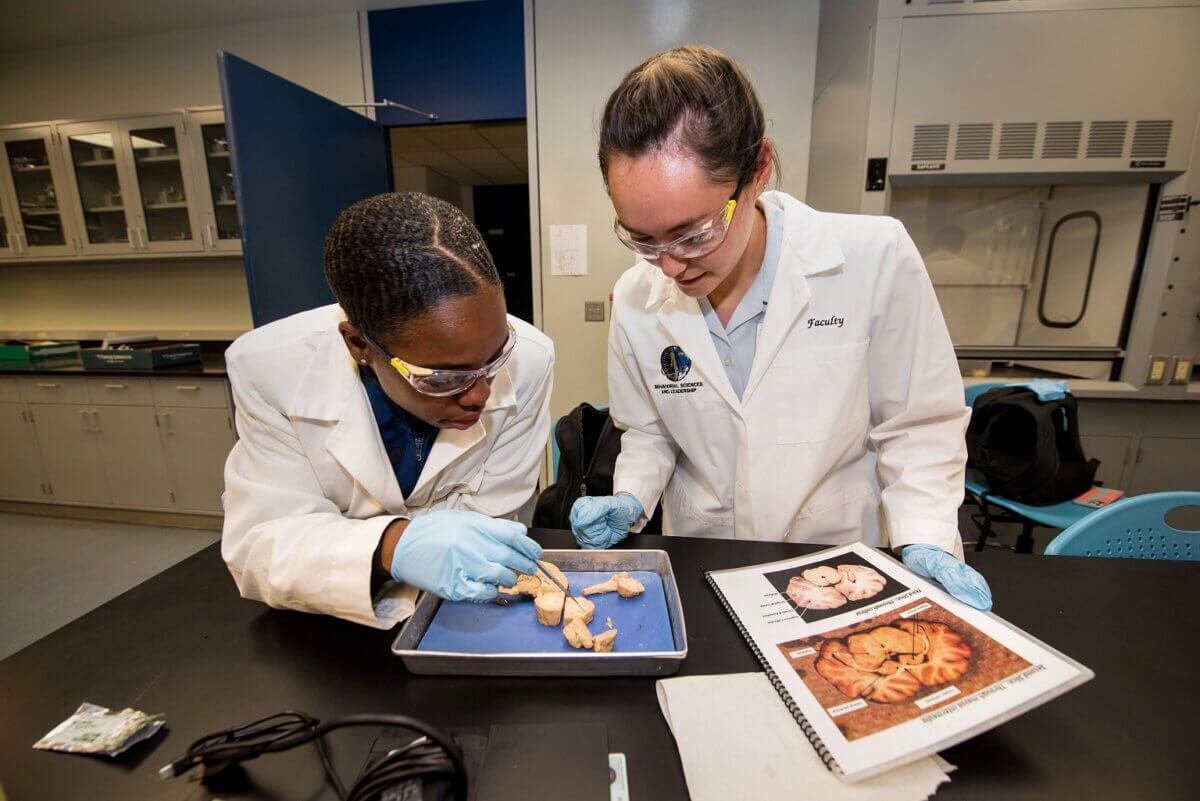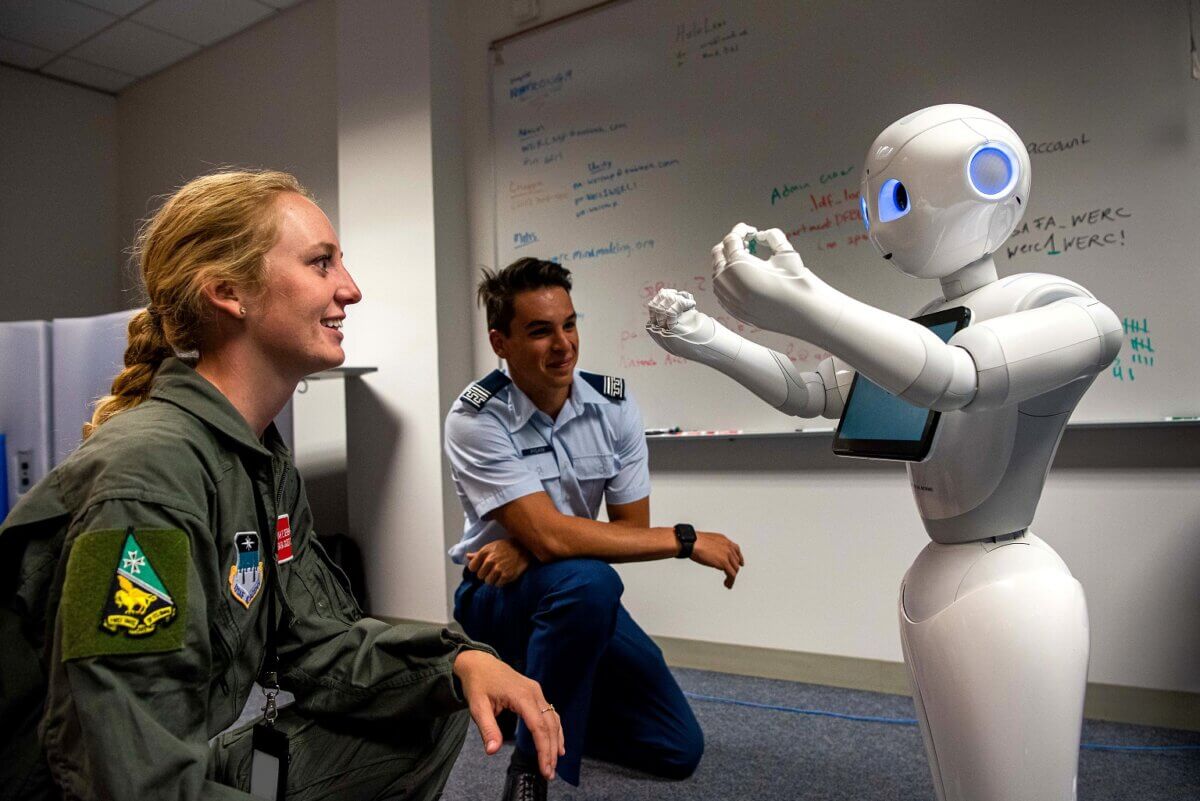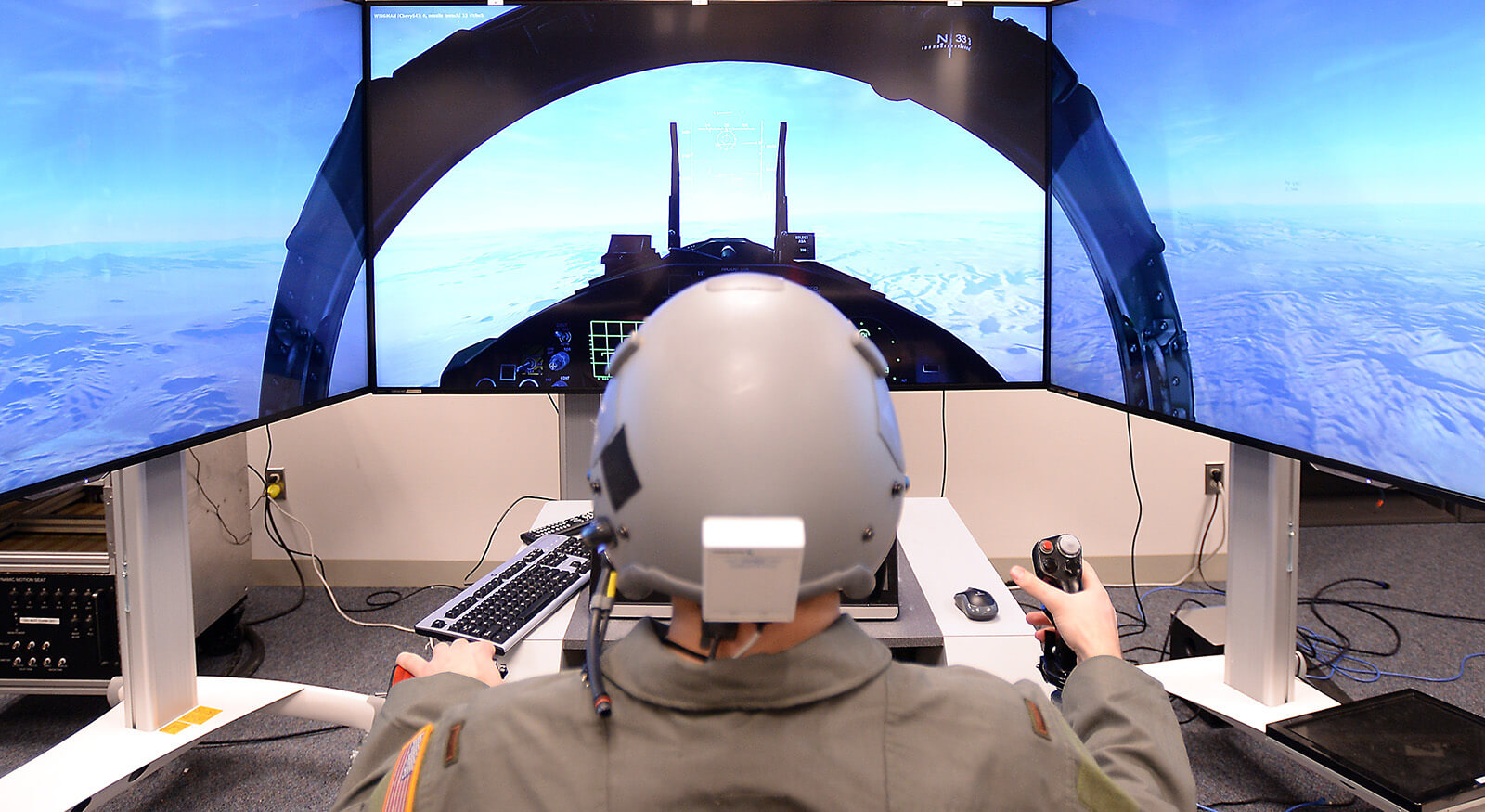
OUTCOMES
The WERC engages cadets with real-world projects to research and design solutions for current and future operational missions. As cadets work together on these projects, they develop knowledge and skills towards the following outcomes:
Primary:
- Scientific Reasoning
- Respect for Human Dignity
- Leadership, Teamwork, & Org Dev
- Decision Making
- Critical Thinking
- Warrior Ethos
- Clear Communication
Secondary:
- The Human Condition, Culture, & Societies
- Engineering Methods

CORE COMPETENCIES
- Socio-cultural, psychological, organizational, and clinical perspectives towards enhancing Respect for Human Dignity (e.g., diversity & inclusiveness, sexual assault prevention, healthy relationships training)
- Evidence-based research methods in leadership development
- Responsiveness to operational and policy needs
- Trans-disciplinary approach to the research and design more effective human-machine teams.
- Human subjects research
- Developing cadet critical thinking and scientific reasoning through educational innovation in research projects that matter beyond the classroom

MAJOR PROJECTS
- Human-machine teaming
- Social implications for Remotely Piloted Aircraft (RPAs)
- Concussion research
- Respect for human dignity
- Evidence-based leadership






